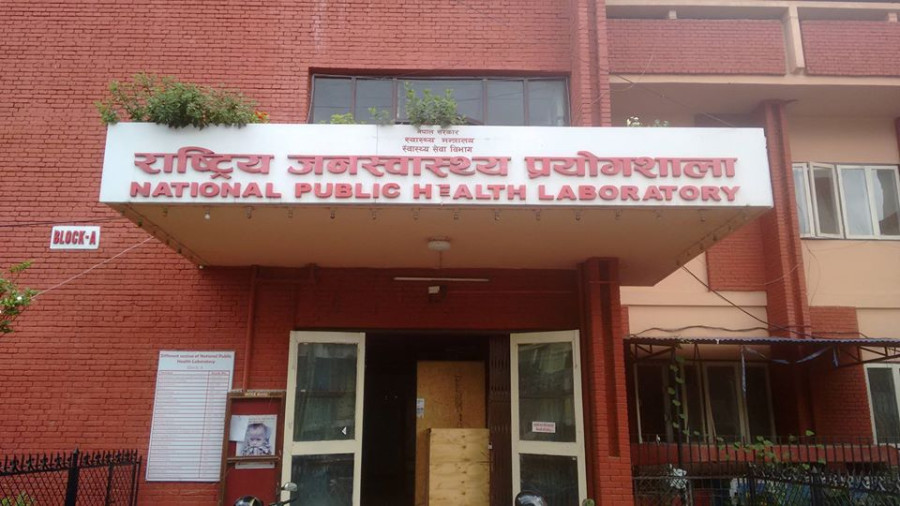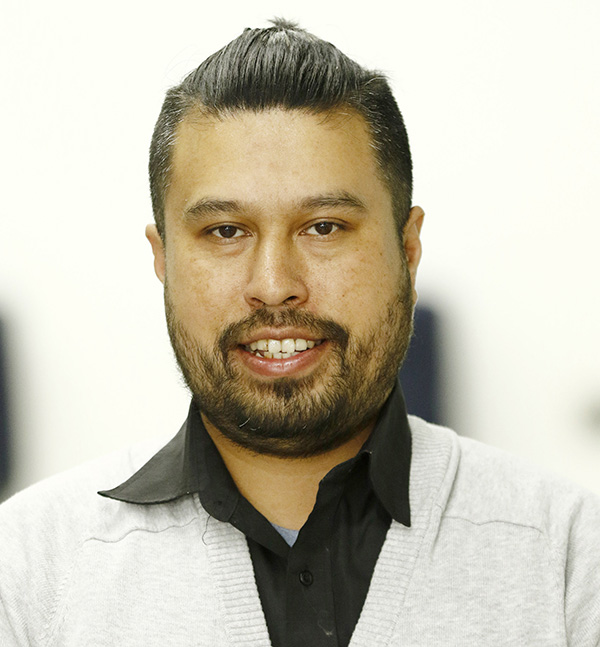Health
Central laboratory is equipped to test 500 Covid-19 cases a week, but that is far too low, say public health experts
An outbreak in densely populated Kathmandu could overwhelm the laboratory, which is the only public health facility where the test is conducted.
Samuel Chhetri
With the World Health Organization’s declaration of the Covid-19 outbreak as a pandemic, countries across the world are springing into action, bolstering their public health systems and preparing for the eventual arrival of the virus.
Nepal’s authorities, after dithering for long on proper preventive and control measures, are slowly swinging into action, releasing public statements and holding press meets to educate the public.
On Thursday, the National Public Health Laboratory, the only health facility that is equipped to test for the coronavirus, held a press meet where officials provided a situation report.
As of Wednesday, the laboratory had tested 447 people for the coronavirus. Only one person, on January 23, tested positive while all others were negative for the virus, said laboratory officials.
According to Dr Runa Jha, the laboratory director, the facility is currently equipped to test 500 coronavirus cases per week.
“If provided with adequate human resource, proper infrastructure and chemical reagents, we can boost our capacity to test up to 3,000 cases for the disease per week,” Jha told the Post.
According to Jha, the central laboratory is also prepared to hire additional lab technicians from other government labs and the private sector if there is an outbreak of the disease.
But given how dense Kathmandu Valley is—population density is estimated to be 20,288 people per sq km—there are concerns whether 3,000 tests per week will be adequate if there is an outbreak, and if there are enough testing kits.
Dr Shrawan Kumar Mishra, joint chief medical technologist at the National Public Health Laboratory, said they have been using the 1,000 testing kits provided by the WHO to test samples from suspected individuals.
“We have requested the WHO to provide us with 5,000 more testing kits,” said Mishra. “The WHO has assured us that it will provide us with any number of testing kits, including primers and probes, in case there are Covid-19 cases.”
But, according to public health experts, 5,000 kits are by no means adequate for a country of Nepal’s size, especially since there is only one laboratory in Kathmandu conducting tests and it could easily get overwhelmed.
“We have a centralised system when it comes to laboratory tests in Nepal, and if Covid-19 spreads across the country, these test kits won’t be enough to conduct the much-needed tests,” said Dr Sharad Onta, assistant dean at the Institute of Medicine. “The concerned authorities must be prepared for such a scenario as people cannot be waiting for test kits to arrive once the disease spreads.”
Mishra, however, said there is no immediate need for additional testing equipment as there have been no cases of local transmission in Nepal.
“The one case of confirmed Covid-19 was an imported case as the patient had come from Wuhan, the epicentre of the outbreak,” said Mishra.
But now that the virus has spread to India, with the bordering state of Uttar Pradesh reporting 10 cases, there are fears that it is only a matter of time before the virus makes the jump across the open border. Samples from any suspected patients in the Tarai will need to be sent to the central laboratory in Kathmandu to be tested.
As of Thursday, India had reported 74 cases of the coronavirus.
The Health Ministry, in a bid to screen people entering Nepal from neighbouring India and China, is working to set up at least 41 health desks at various land crossing points. There are, however, 129 land crossings with India alone.
According to Onta, just setting up health desks at border points will not be enough to control the disease in the event of an outbreak.
“Even if we have active surveillance of people who have come in contact with those infected by Covid-19, there are no laboratories to test for the disease at the provincial level,” said Onta. “The concerned authorities must prepare the local level in case an outbreak occurs outside Kathmandu.”
As of Thursday, there had been 126,182 confirmed cases of Covid-19 across the world, with 4,632 reported deaths.




 13.12°C Kathmandu
13.12°C Kathmandu















